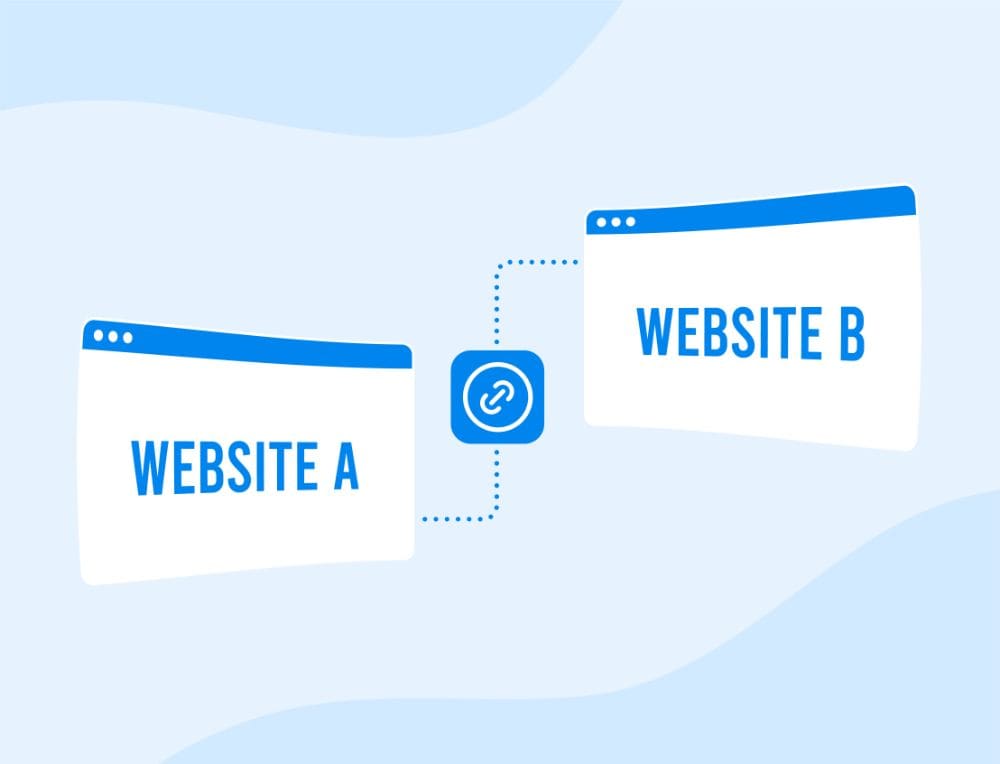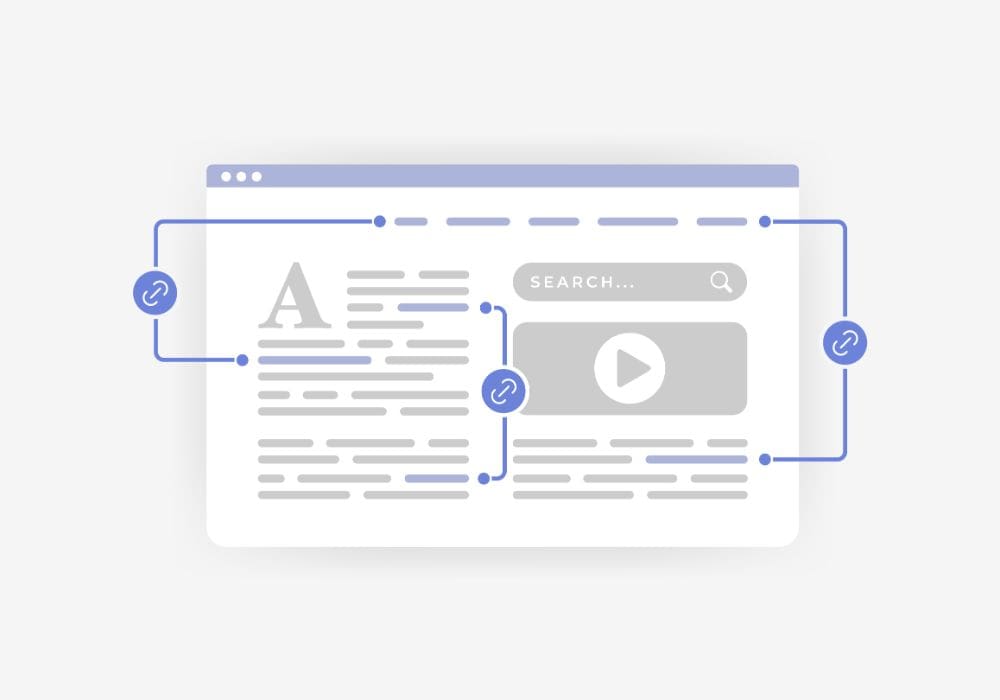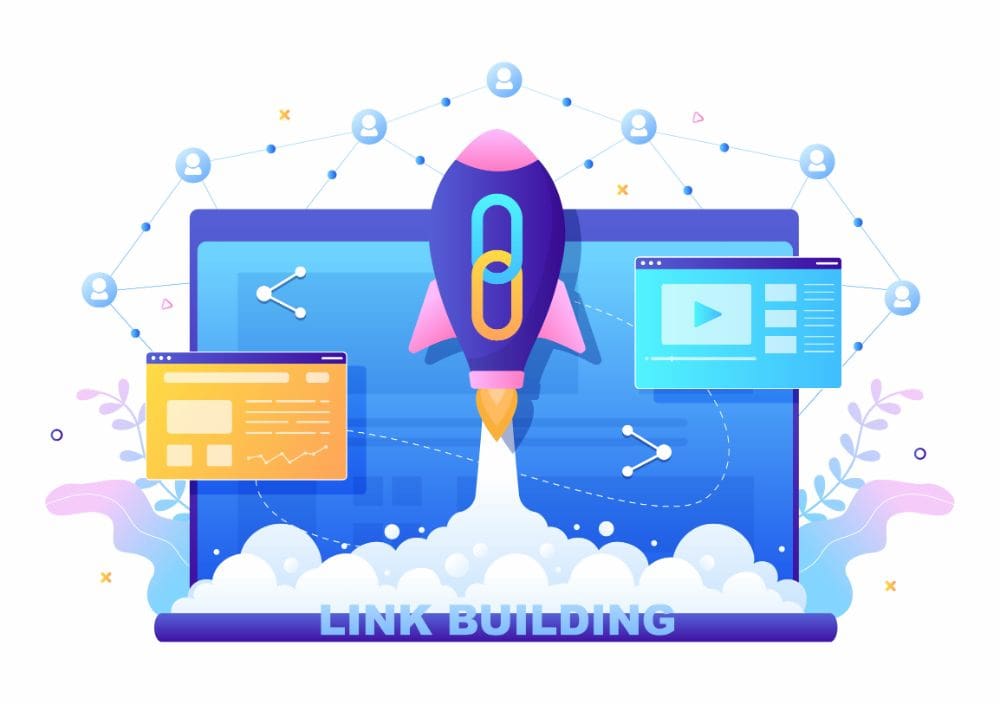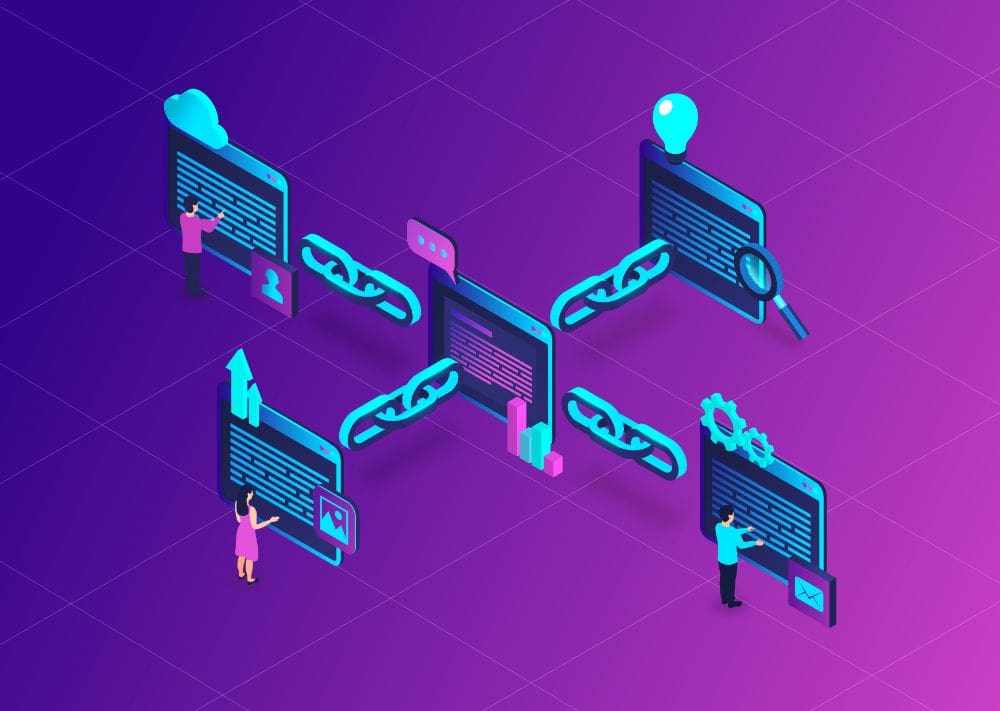Disclosure: This post contains affiliate links, including Amazon Affiliate Associate links, through which I earn from qualifying purchases at no extra cost to you. I only recommend products I genuinely believe in. Visit my Privacy Policy page for more information.
From my own experience, based on the last 15 years as an SEO agency owner, let me tell you: understanding backlinks is a big deal. Think of them as glowing endorsements for your website. But it’s not just about quantity; it’s about quality, and my team understands this.
Good backlinks can skyrocket your site’s search engine ranking, while poor ones can be a bit of a damp squib or get the website banned from search results.
So, if you’re new to this, our comprehensive guide will get you up to speed on how to make backlinks work for you.
Quality over quantity, always. Ready to make some noise in the search engine rankings? Let’s go.
What are backlinks?
Quick Summary
Backlinks, like digital endorsements, boost SEO. Quality surpasses quantity, with text, image, Nofollow, and follow links each having significance. Create a top-content guest blog and fix broken links. Timing, deep linking, diverse anchor texts, and context are critical. Audit links, monitor Domain Authority, and consider geolocation, prioritise quality for SEO glory.

Part of good off-site SEO backlinks is a vote of confidence. Just like testimonials and reviews can influence customers, backlinks can sway the opinion of search engines about your website.
If influential, reputable, relevant websites link to your website, it’s as if they’re saying, Listen up, this site knows what it’s talking about on this subject!
Do All Backlinks Have the Same Power?
No, not all backlinks are created equal. Some backlinks pass more “link equity” (value) to your website, often called “link juice.” It’s not just any link that counts but from a highly credible site that can boost your SEO rankings.
Why are Backlinks Important?
Backlinks are an indicator of the popularity or importance of a website. They are akin to endorsements or votes of confidence from one website to another and play an instrumental role in search engine optimisation. Search engines such as Google view backlinks as a vote for the linked site; it’s hard-baked into their algorithm called Page Rank. Google used to show a website’s page rank, but because it was abused, they stopped that. It’s still being used behind the scenes. You can read more in-depth, up-to-date information here.
Different Types of Backlinks
Backlinks come in varying forms and types, impacting your site’s SEO.
Text Backlinks
Text backlinks are the most common type of website backlink used. They are words or phrases linked to another webpage or site.
Image Backlinks
Image backlinks occur when images found on the web link to another website.
Nofollow Links
Nofollow links contain the “rel=nofollow” link attribute in the HTML code. These links tell search engines not to follow the link, thus not passing any “link juice” or SEO value to the link to the site owner.
Follow Links
Conversely, “follow” links pass the total value of the link to the website. If a penalty is attached to the domain, this will also flow through to the website. So, be very careful where your links come from. If you have a link you think is toxic and didn’t ask for it, you can ask Google to ignore it; this is called a Disavow request.

How to Get Backlinks
There are several ways to acquire more backlinks here, but some strategies may yield better results. You may like our post 17 Tips for Link Building For SEO.
Create Quality Content
The most effective way to gain backlinks is organically by creating high-quality, unique, and informative content that others want to link to.
Guest Blogging
Guest blogging involves writing content for other websites. It’s a great way to earn high-quality backlinks while establishing your authority in your field.
Broken Link Building Opportunities
Broken link building involves finding broken links on other websites and suggesting a link exchange with your site with relevant content as a replacement.
Monitoring Backlinks
Keeping an eye on your backlinks is essential for understanding your link profile’s health and how it’s influencing your SEO. Tools like Google Search Console, Ahrefs, and Moz Link Explorer can provide comprehensive insights into your backlinks.
Backlink Strategy
Having a backlink strategy is integral to your SEO efforts. Your plan should focus on acquiring high-quality backlinks from authoritative websites naturally and organically.
Backlink Building
Building backlinks is a continuous process that requires time, effort, and a well-thought-out strategy. Focus on the quality of your backlinks rather than the quantity, as high-quality links from authoritative sites will have a much more significant impact on your rankings.
Backlink Tools
There are numerous backlink tools available to help you with your backlink efforts. These tools can assist in competitive backlink research, finding potential opportunities, monitoring your backlink profile, and understanding how your backlinks impact your SEO.
Free Backlinks
While most high-quality backlinks require effort, there are opportunities to gain free backlinks. These can come from writing testimonials, getting featured by influencers, or submitting content to directories linking sites and forums.
Backlink Velocity: Timing Matters in SEO

Speed isn’t just for athletes; it matters in SEO, too. How quickly you gain backlinks can influence your rankings. Rush it, and you might trigger search engine alarms. Slow and steady wins this race.
Deep Linking: More than Just a Homepage Game
Backlinks to your homepage are great, but dig deeper. Getting links to various site pages can show search engines that you’re not a one-hit-wonder but a well-rounded resource.
Anchor Text Diversity: The Spice of SEO Life
Diverse anchor texts make your backlink profile look more natural to search engines. Uniformity is dull, even for Google’s algorithm.
Contextual Backlinks: It’s All About the Company You Keep
A backlink from a blog post on a website in a related industry is worth its weight in gold. These contextually relevant links can offer more SEO juice than random placements.
Link Reclamation: Keep What’s Yours
Sometimes, websites link to your content but mess up the link or remove it. It’s time to generate backlinks and reclaim those lost backlinks. It’s like finding a fiver in an old coat: easy gains!
Tiered Back Linking: A Layered Approach.
Why settle for direct backlinks to your site when you can have backlinks to those backlinks? This layered approach can multiply your SEO gains, but it’s a tightrope, so be careful. In all cases, we advise natural links. Don’t try cheating. This never ends well.
Backlink Audits: The Health Check Every Site Needs
Like a car needs its MOT, your prerequisites are regular backlink audits. Keep tabs on who’s linking to you and how it’s affecting your rankings. Use tools like Ahrefs or SEMRUSH to keep your game sharp.
Disavowing Backlinks: Cutting Off the Dead Weight
Are Spammy or low-quality backlinks hurting your site? Disavow them through Google’s tools. It’s like telling Google, “Hey, I don’t know this guy,” and distancing yourself from the wrong crowd.
Backlink Metrics: What to Monitor
Monitor metrics like Domain Authority, Page Authority, and Citation Flow. They like your website’s heart rate, blood pressure, and cholesterol levels.
Backlink Geolocation: Where in the World Are Your Links?
International backlinks can bring global traffic, but for local SEO strategies, you might want to focus on links from your website to your country or city.

Understanding Backlinks FAQs
What’s the Deal with Anchor Text?
Anchor text is the clickable text in a hyperlink, usually underlined in blue. It’s a way to give users and search engines like Google more context about the link. Using keyword-rich anchor text can be a game-changer for your link-building strategy, but be careful not to overdo it!
Are Paid Links a Good Idea?
Generally, paid links are risky business. They may offer a quick boost, but search engines can penalise you for what they consider “unnatural” link building. So, are they worth it? Most SEO experts would agree with us and say no.
How Do Internal Links Help?
Internal links connect different pages on your site, helping search engine algorithms navigate and understand your web pages better. They’re like the friendly tour guide on your website, making it easier for Google’s search bots to find what’s where. See Best WordPress Plugin for Internal Linking 5 Superb Solutions to Elevate Your Website
How Important is Domain Authority?
Regarding inbound links, getting them from high-authority sites is like getting a thumbs-up from the popular kid in school. It tells search engines your site has street cred, boosting your position in search engine results. Domain Authority is becoming an outdated metric. Further, read here: The case against Moz’s Domain Authority.
Can Backlinks Help with Organic Traffic?
You bet! Good quality backlinks can significantly improve your organic search engine traffic. Think of each backlink as a vote of confidence, making you more attractive to search engines.
What is Broken Link Building?
Broken links are the ‘ghost towns’ of the internet. You find these links on other sites, and when they lead to a ‘404 Not Found’, you can offer one of your web pages as a replacement. It’s like a win-win: they fix broken links, and you get a new incoming link.
Wrapping things up
If you’re after SEO glory, backlinks are your bread and butter. These digital “thumbs-ups” from one site to another aren’t just handy; they’re an absolute must for your search engine ranking.
Dive into different types like text backlinks, image backlinks, nofollow and follow links, but remember: it’s quality over quantity.
Use backlink tools like Google Search Console and Ahrefs to keep tabs on your link profile, and bank on strategies like guest blogging and broken link building to acquire those SEO-boosting links. Are you thinking of paid links? Proceed with caution.
And let’s not forget internal and external links can do a fab job of upping your SEO game, too. So, are you ready to rock your website’s SEO with a robust backlink strategy?








